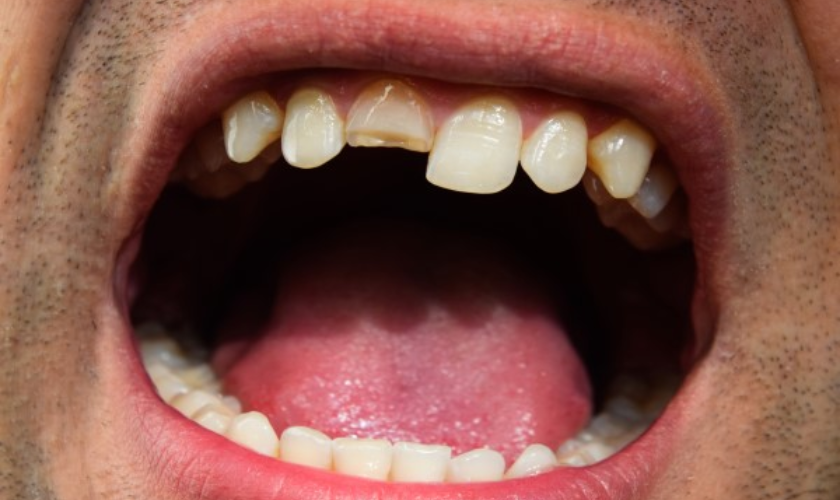Your smile is a reflection of your personality and confidence, but what happens when a tooth becomes damaged? Whether due to decay, trauma, or other factors, dealing with a compromised tooth can be stressful and confusing. In this guide, we’ll explore the complex question: Is your tooth too damaged to save? With insights from trusted dentists in Houston, we’ll navigate the intricacies of dental care to help you make the best decisions for your oral health.
Understanding Tooth Damage
Tooth damage can manifest in various forms, from minor chips and cracks to severe decay and infection. While some cases of damage may be superficial and easily repaired, others can pose significant threats to the tooth’s health and surrounding tissues. Determining the extent of damage is crucial in deciding whether a tooth can be saved through restorative treatments or if extraction is necessary.
Signs of Irreparable Damage
While every case is unique, there are some common indicators that a tooth may be too damaged to save:
- Severe Decay: When decay extends deep into the tooth’s pulp, compromising its structure and causing irreversible damage, saving the tooth becomes challenging.
- Extensive Fractures: Deep cracks or fractures that extend below the gum line may prevent successful restoration and compromise the tooth’s stability.
- Advanced Gum Disease: Periodontal disease that has progressed to advanced stages can lead to significant bone loss and loosening of teeth, making them difficult to save.
Options for Damaged Teeth
- Restorative Treatments: In cases of minor to moderate damage, restorative treatments such as fillings, crowns, or root canal therapy may be viable options to save the tooth. These procedures aim to repair and strengthen the tooth’s structure while preserving its natural appearance and function.
- Extraction: When damage is extensive, and saving the tooth is no longer feasible, extraction may be necessary to prevent further complications and preserve overall oral health. While losing a tooth can be daunting, modern dental techniques offer various replacement options, such as dental implants or bridges, to restore functionality and aesthetics.
Consulting a Dentist
Determining the best course of action for a damaged tooth requires a thorough evaluation by a qualified dentist. Dentists possess the expertise and diagnostic tools necessary to assess the extent of damage and recommend appropriate treatment options tailored to each patient’s unique needs.
Dealing with a damaged tooth can be overwhelming, but understanding your options is the first step toward restoring your smile and oral health. While some cases of damage may be salvageable through restorative treatments, others may require extraction to prevent further complications. Consulting with a trusted dentist in Houston is essential in making informed decisions about your dental care and achieving optimal outcomes for your smile’s longevity and vitality.

